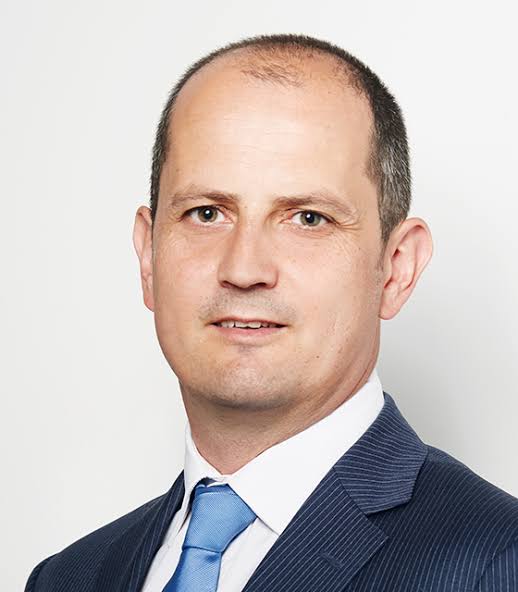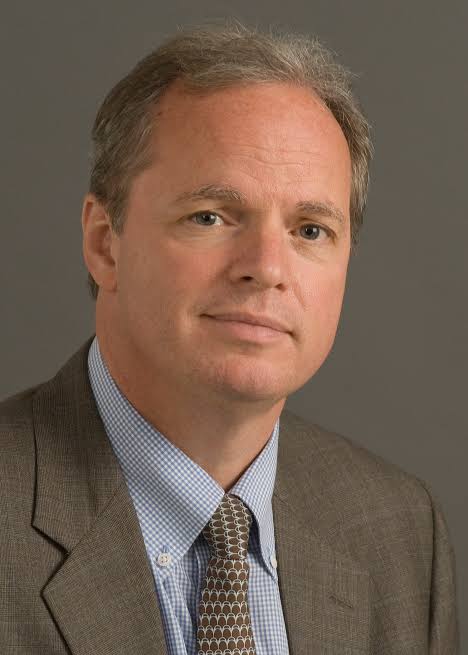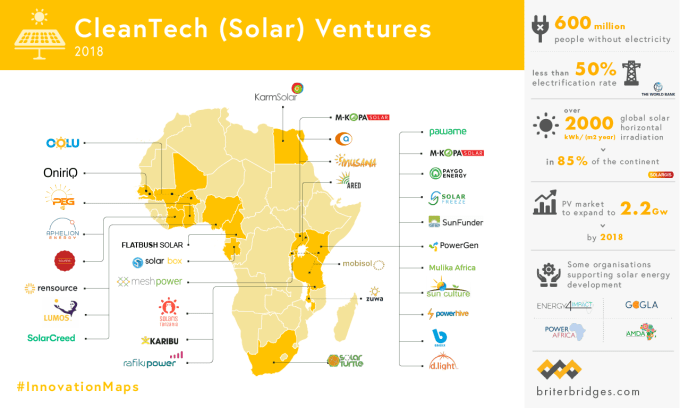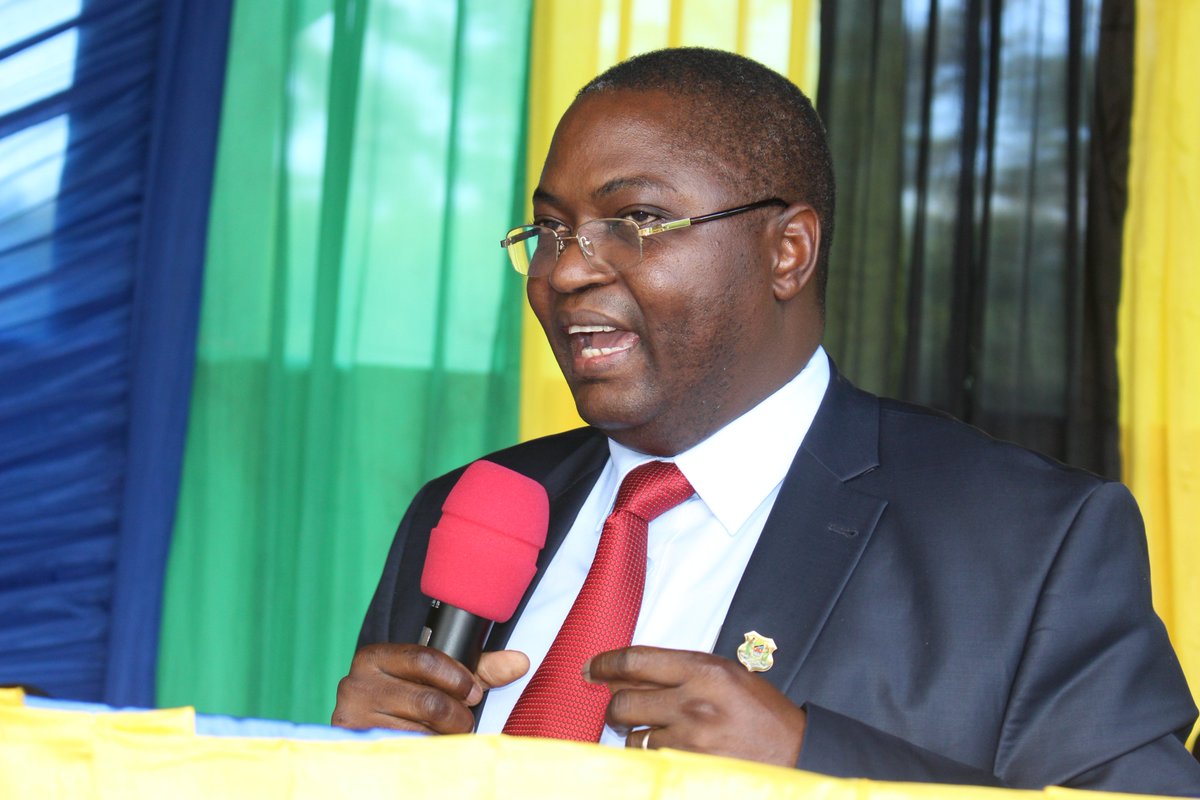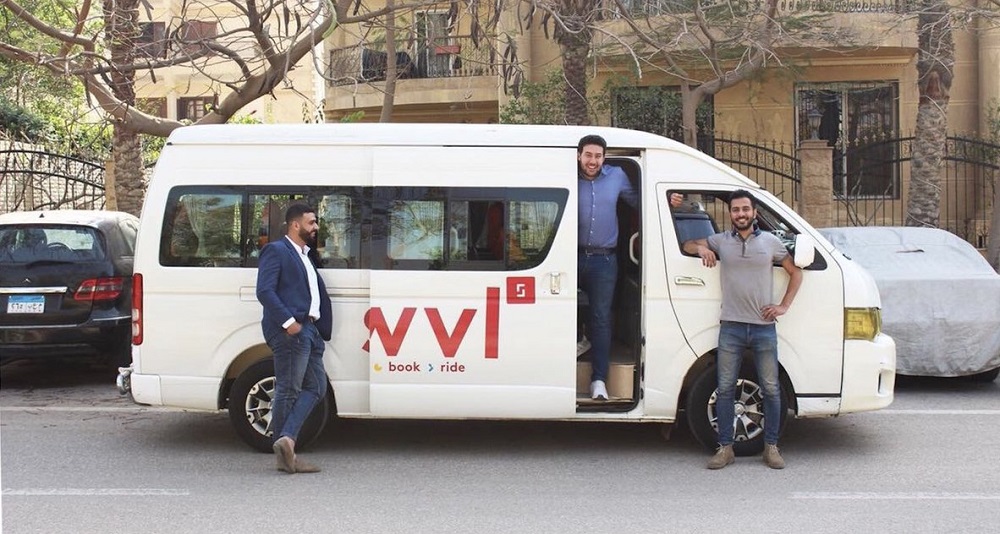What Chinese Investors Look Out For While Investing In Startups
Chinese investors are not notorious for investing in African startups, although they invest in other startup ecosystems in world. However, China’s venture capital (VC) investment in the Indian startup ecosystem grew five times at $5.6 billion in 2018 compared to a $668 million in 2016.
In India alone, Chinese investors have clearly been betting big on startups with their funding surpassing their American and Japanese counterparts in 2018. In fact, Chinese funds flowing into India have seen exponential growth over the last couple of years.
China’s venture capital (VC) investment in the Indian startup ecosystem grew five times at $5.6 billion in 2018, compared to a mere $668 million in 2016, according to research and analytics platform Tracxn. In 2017, the number stood at $3 billion.
Given their interest in investing in startups, most founders here would give an arm and a leg to have a cheat-sheet to the dos and don’ts while meeting Chinese investors.
During a panel discussion at the fourth edition of the TiE Global Summit in New Delhi on Friday, Damien Zhang from CDH Investments and Jeffrey Yam from Integrated Capital gave a sneak-peek into the mind of a Chinese VC.
CDH Investments is a Beijing-based alternative asset management firm while Integrated Capital is a Hong Kong-based multi-strategy private investment office. Both entities have investments in Indian startups.

The Dos
“We are casual about meeting founders, so feel free to meet for drinks. And reach out for karaoke if you’re in China,” Damien says.
According to Jeffrey, as an Indian startup founder, even if you don’t fit a Chinese investor’s mandate, be “proactive”.
“Their advice could help a lot. Once you’ve developed a personal relationship, it’s easier to get an investor on board once they know your journey rather than just seeing a deck. You want investors that you actually enjoy hanging out with and vice versa,” he adds.
Read also: Will Investors Fund Your Startup?
The Don’ts
Never exaggerate your numbers and do not under-report your competitors, says Damien.
“Every Chinese investor does a very thorough cross-checking and if you understate your competition or there is something amiss about your numbers, they will just go past you,” he says.
Jeffrey concurs, and adds that trust is the key.
“On the numbers, you would want to be absolutely transparent. And you want potential investors to have trust in you,” he says.
.
Charles Rapulu Udoh

Charles Rapulu Udoh is a Lagos-based Lawyer with special focus on Business Law, Intellectual Property Rights, Entertainment and Technology Law. He is also an award-winning writer. Working for notable organizations so far has exposed him to some of industry best practices in business, finance strategies, law, dispute resolution, and data analytics both in Nigeria and across the world


